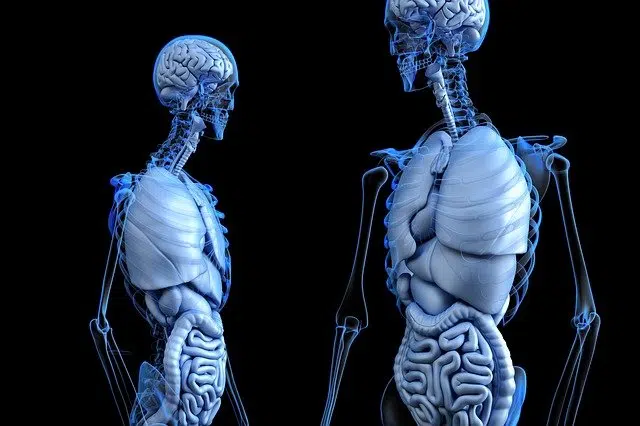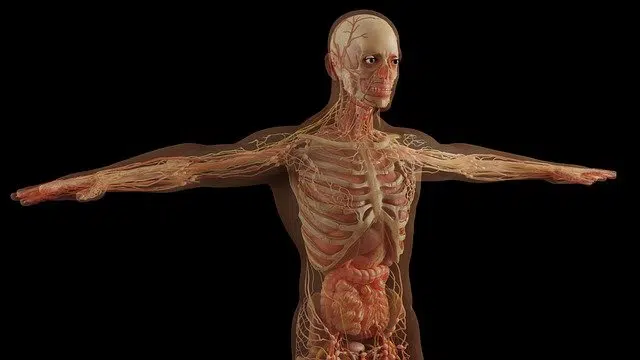
The components of an organ system function in a coordinated manner.
A system is a module of ordered components that are interrelated and that develop interactions with each other. The elements that make up a system can be abstract concepts or material objects.
Organ , for its part, is a concept with several uses. In this case we are interested in its meaning as the set of tissues that have the same function and that form a certain structure.
The set of organs that work in a coordinated manner to develop various functions is called an organ system . Each species has a variable number of organ systems.
Examples of organ system
An example of an organ system is the digestive system . This group includes all the organs involved in digestion , starting with the ingestion and transportation of food and ending with its excretion. The mouth, pharynx, esophagus, stomach, and intestine (both small and large) are part of the digestive system.
Another very important organ system is the so-called circulatory system , which actually brings together two systems: the lymphatic system (which carries lymph to the heart) and the cardiovascular system (in charge of making blood flow throughout the body). Thus, the circulatory system is made up of the heart, capillaries, veins, arteries, lymphatic vessels, thymus, spleen, nodes, lymphatic tissues and bone marrow.
We can also mention the reproductive system as another organ system. In this case, it brings together those structures essential for reproduction (external genitalia, internal genitalia, etc.).

The human body has several organ systems that complement each other.
Other functional sets
However, in the human body there are many other organ systems that exist, in addition to those already mentioned, such as these:
-Endocrine system, which is fundamentally made up of glands that produce hormones and which play a basic role in development and growth, especially in their regulation.
-Excretory system. This, as its name already indicates, is responsible for maintaining the chemical balance of the body thanks, for example, to the expulsion and elimination of metabolic waste. In it, what are the kidneys acquire special prominence.
– Muscular system , in the shape of the body, mobility and posture, this other system that is made up of muscles undertakes a basic task.
-Integumentary system. Under such a unique name is the system that is made up of the skin and the rest of the skin elements.
-Nervous system, which is made up of the sense organs, which are responsible for "working" with stimuli and which promotes appropriate responses to them. Specifically, both the brain and the nerves or ganglia are present within it.
-Respiratory system, which undertakes breathing, vital for human beings. Among its main components are the lungs.
-Skeletal system, which is made up of two parts: the exoskeleton and the endoskeleton.
All of these are what allow man to have an organism that works like a perfect gear.
